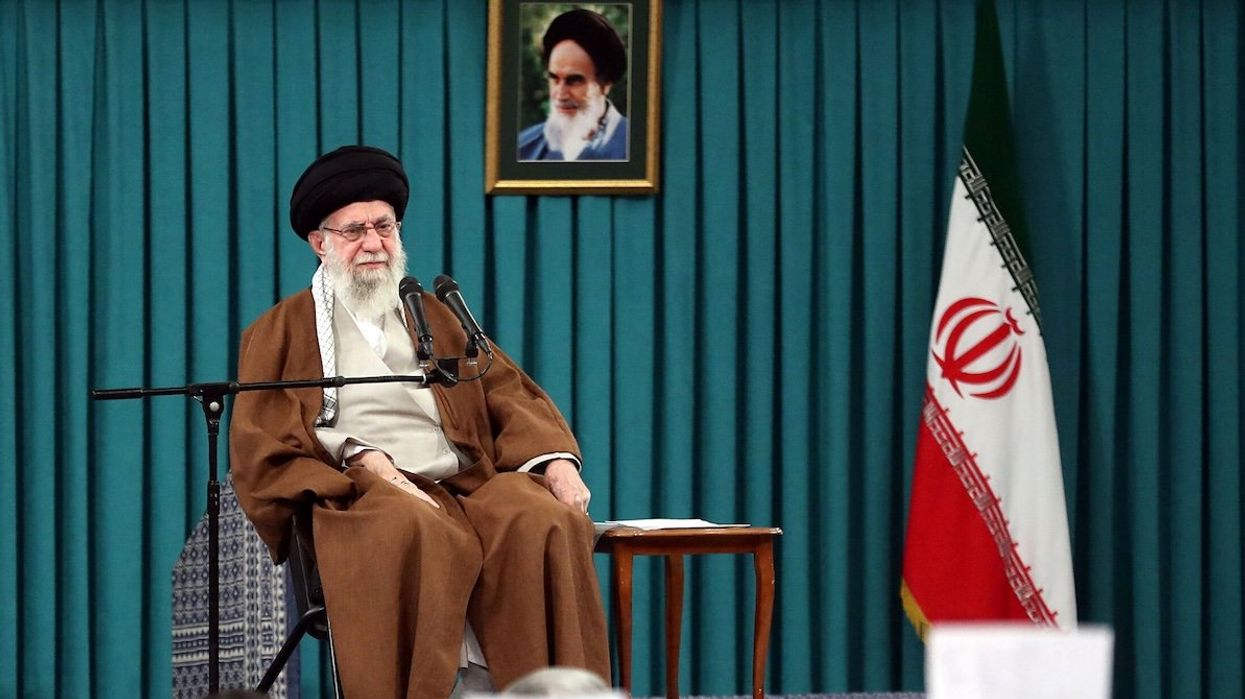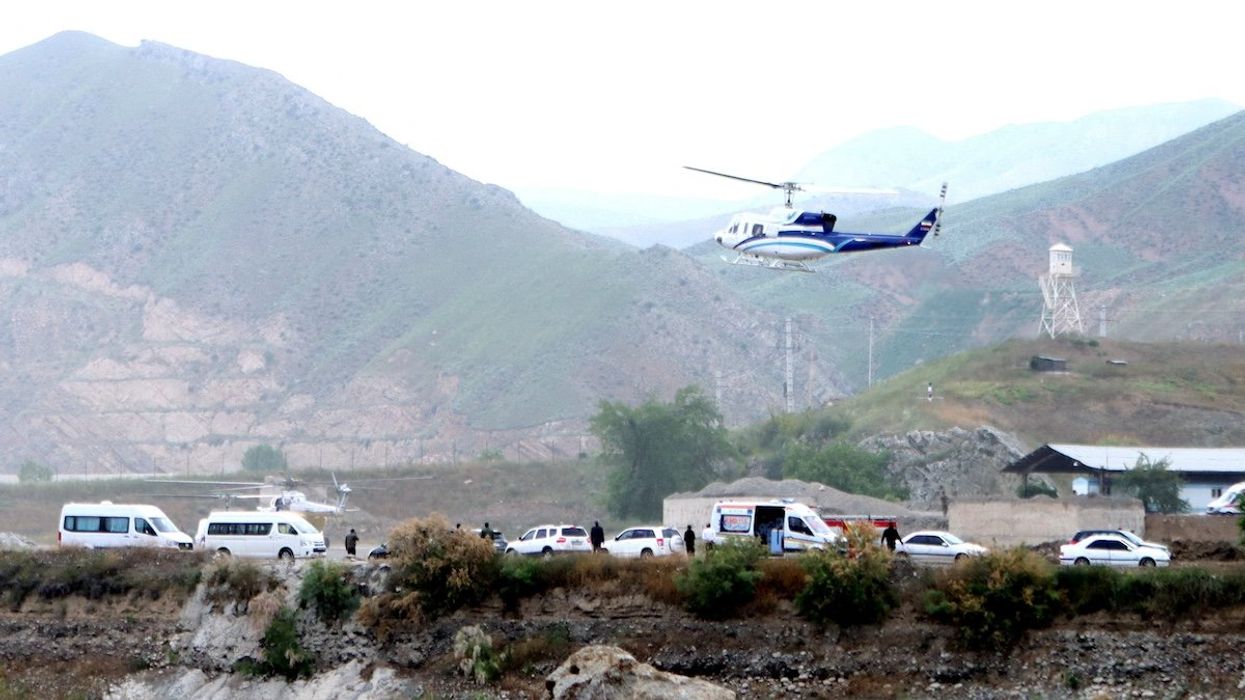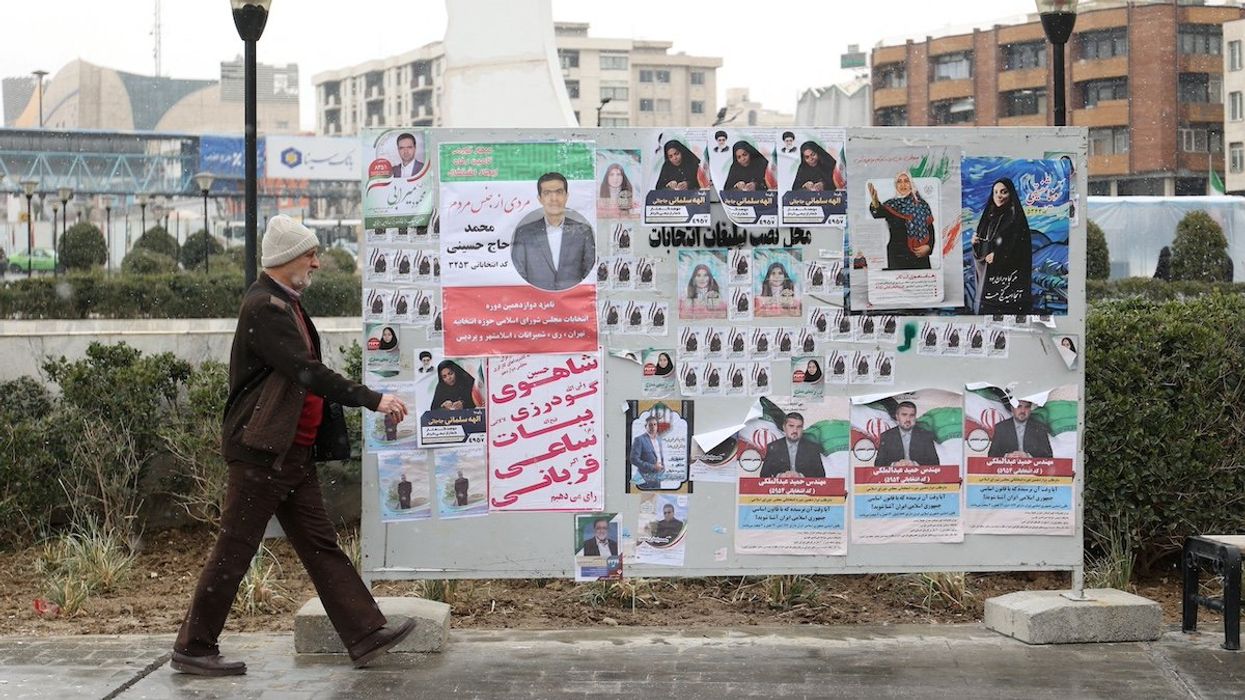ask ian
Trump trial: How would a conviction hurt his reelection bid?
How would a conviction in his hush money trial impact Trump in the 2024 election? Is Iran's emergency presidential election really about who will eventually succeed as supreme leader? How will Mexico's presidential election reshape its relations with the United States? Ian Bremmer shares his insights on global politics this week on World In :60.
May 29, 2024




